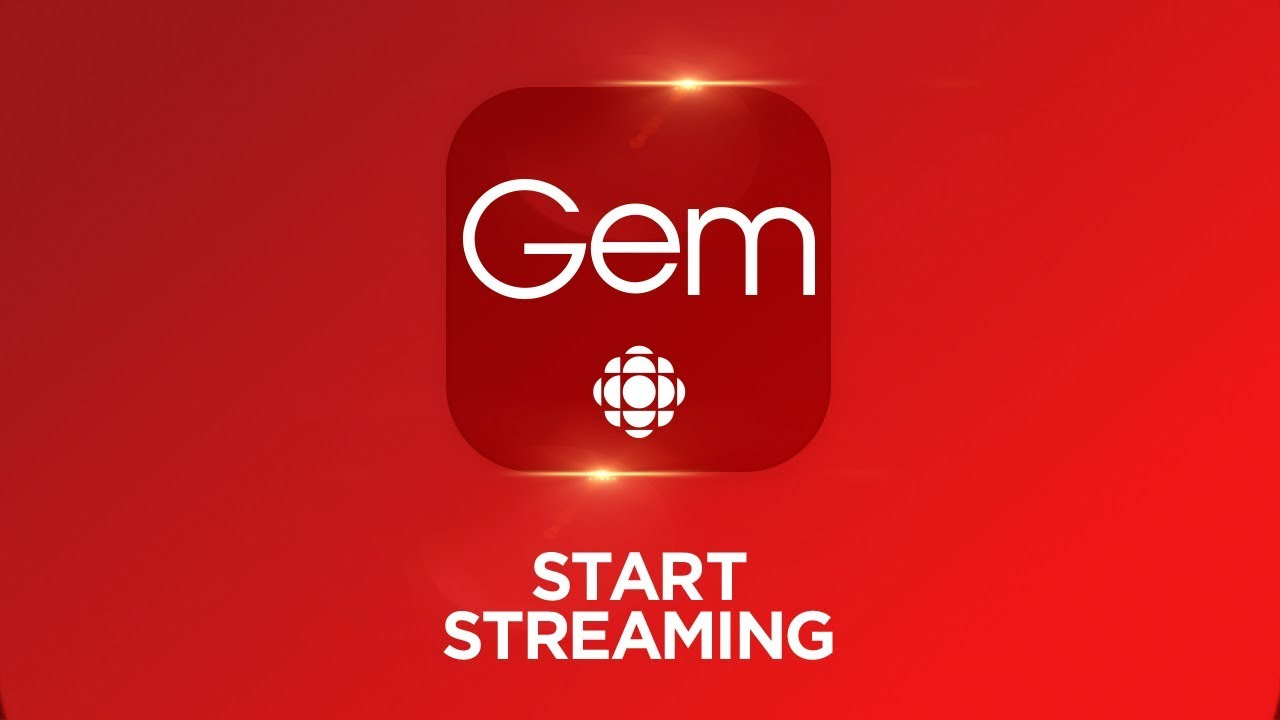The Fall of Our Broadcaster: How CBC Lost Its Way
When a public voice forgets who it serves
A Legacy in Every Living Room
For generations, the CBC wasn’t just another media outlet — it was the hum in the background of Canadian life.
It narrated our mornings, filled the kitchen with news and weather, and connected distant communities through the simple act of storytelling.
For my family, CBC Radio was almost ceremonial. My grandparents listened du…




